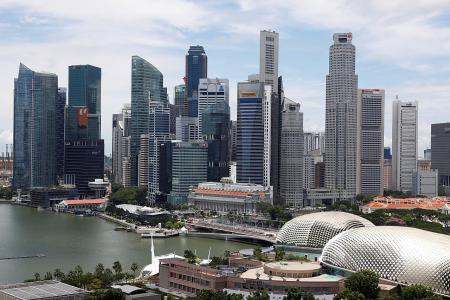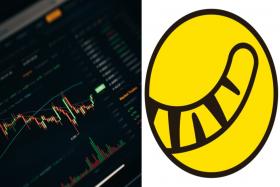Core inflation lowest since March 2016
Analysts expect inflation environment in Singapore to remain benign
Cheaper fuel and lower retail prices helped inflation fall to its lowest in over three months in September, according to data released yesterday.
Core inflation eased to 0.7 per cent, the lowest since March 2016, when it came in at 0.6 per cent. It was also slightly down from 0.8 per cent in August.
Core inflation excludes the costs of accommodation and private road transport.
Headline or overall inflation in September remained the same at 0.5 per cent as accommodation costs fell by a smaller amount, while core and private road transport inflation slowed.
The figures were in line with predictions made by analysts in a Bloomberg poll, who flagged headline inflation at 0.5 per cent and core inflation at 0.8 per cent, the same as the inflation rates in August.
Analysts said they expect the inflation environment to remain benign.
United Overseas Bank economist Barnabas Gan said: "The sustained weakness in global energy prices and generally lower retail prices were the key drivers to a softer inflation environment.
"Lower retail and accommodation prices also added to deceleration in core inflation."
Dr Tan Khay Boon, senior lecturer at SIM Global Education, added: "The subdued inflation in September reflected the weakness in local demand, triggered by poor sentiments about the economic performance that was caused mainly by the US-China trade dispute."
Services inflation eased to 1.4 per cent year on year last month, on the back of a fall in airfares and telecommunications services fees.
This more than offset larger increases in recreational and cultural services fees and holiday expenses, noted the Monetary Authority of Singapore (MAS) and the Ministry of Trade and Industry (MTI).
Food inflation was 1.6 per cent in September, as a slower pace of increases in the cost of non-cooked food offset slightly costlier prepared meals. Electricity and gas prices fell by 8.3 per cent year on year in September compared with the 7.8 per cent decline in August, mainly due to the dampening effect of the nationwide launch of the Open Electricity Market.
Retail goods were cheaper as well, easing 0.8 per cent, reflecting smaller declines in the prices of clothing and footwear items, medical products and telecommunications equipment.
Private road transport inflation was 0.5 per cent in September, lower than the 0.6 per cent in August.
This was due to a larger fall in petrol prices and a smaller increase in Electronic Road Pricing charges, which collectively outweighed a faster pace of increase in car values.
Accommodation costs dipped 0.5 per cent, as rents declined more gradually.
MAS forecast core inflation to come in at the lower end of the 1 to 2 per cent range in 2019, and average 0.5 to 1.5 per cent in 2020. Headline inflation is projected to be around 0.5 per cent this year and average 0.5 to 1.5 per cent next year.
Get The New Paper on your phone with the free TNP app. Download from the Apple App Store or Google Play Store now


